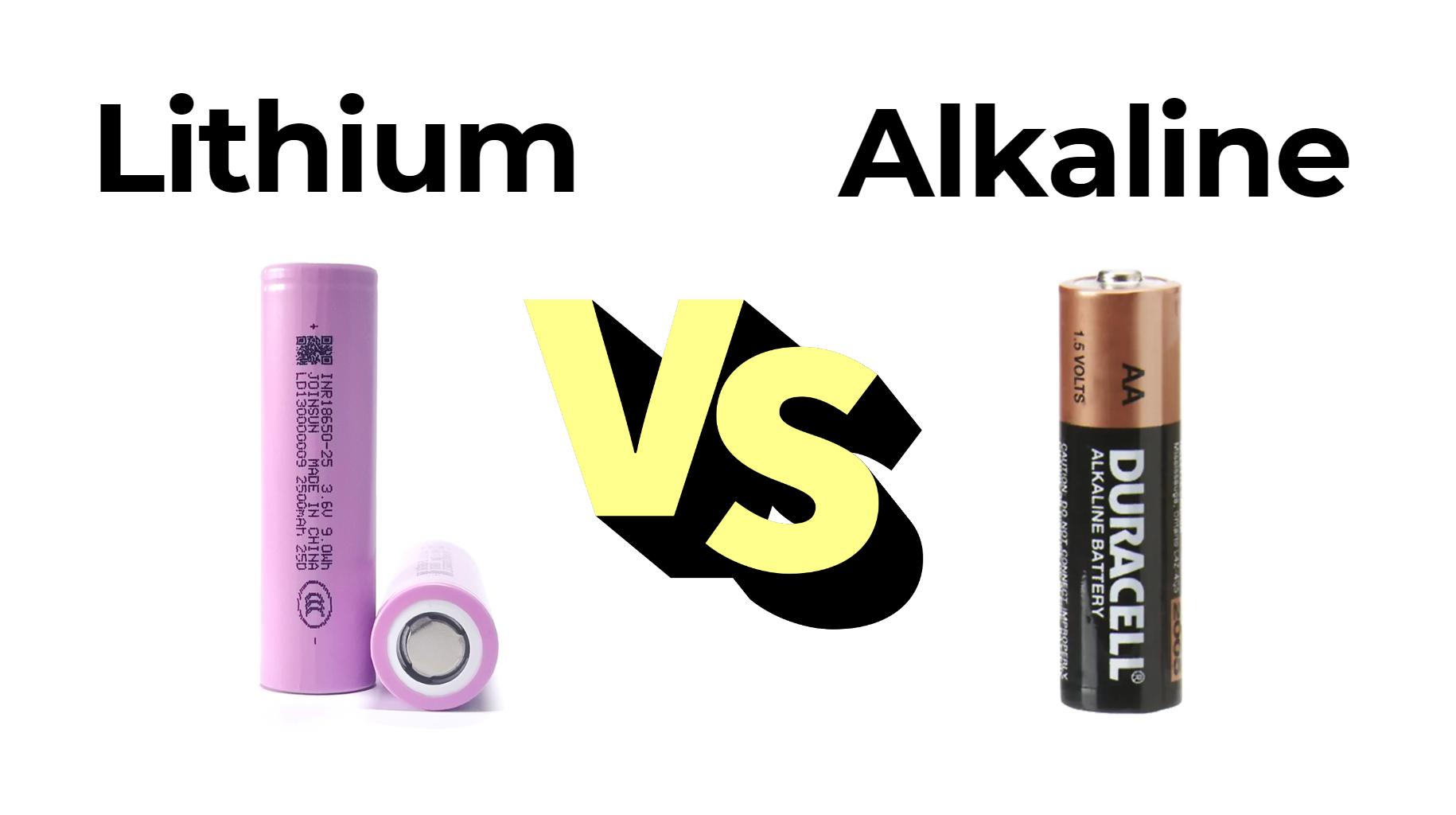When comparing lithium ion battery vs alkaline, lithium ion batteries offer higher energy density, longer life cycles, and better performance in high-drain applications. In contrast, alkaline batteries are more affordable and widely available but have a shorter lifespan and lower capacity. Choosing the right battery depends on your specific needs.
Understanding Battery Types
What is a Lithium Ion Battery?
A lithium ion battery is a rechargeable battery that utilizes lithium ions to move between the anode and cathode during discharge and charge cycles. These batteries are known for their:
- High Energy Density: They can store more energy in a smaller size.
- Long Cycle Life: Typically lasting hundreds to thousands of charge cycles.
- Low Self-Discharge Rate: Retaining charge for longer periods when not in use.
What is an Alkaline Battery?
An alkaline battery is a non-rechargeable battery that uses an alkaline electrolyte, usually potassium hydroxide. Key characteristics include:
- Affordability: Generally cheaper than lithium ion batteries.
- Availability: Widely found in stores and used in everyday devices.
- Shorter Lifespan: Limited to a single use, with a lower energy density compared to lithium ion.
Comparative Analysis: Lithium Ion vs Alkaline
| Feature | Lithium Ion Battery | Alkaline Battery |
|---|---|---|
| Rechargeable | Yes | No |
| Energy Density | High | Moderate |
| Lifespan | Long (up to 3000 cycles) | Short (single-use) |
| Cost | Higher | Lower |
| Self-Discharge Rate | Low | Moderate |
| Performance in High Drain Apps | Excellent | Fair |
Applications of Each Battery Type
Common Uses for Lithium Ion Batteries
Lithium ion batteries are ideal for:
- Smartphones and Laptops: Providing reliable power for high-demand electronics.
- Electric Vehicles (EVs): Offering extended range and efficiency.
- Renewable Energy Storage: Used in solar power systems for energy storage.
Common Uses for Alkaline Batteries
Alkaline batteries are commonly found in:
- Remote Controls: Powering everyday household devices.
- Toys: Providing energy for various battery-operated toys.
- Flashlights: Offering a reliable power source for short-term use.
Latest News
- Innovations in Lithium Ion Technology: Recent advancements have improved the efficiency and lifespan of lithium ion batteries, making them more suitable for various applications.
- Shift Towards Sustainable Energy Solutions: The demand for rechargeable batteries is rising as consumers seek eco-friendly alternatives to disposable alkaline batteries.
- Market Growth for Electric Vehicles: With the increasing adoption of EVs, the lithium ion battery market is expected to expand significantly over the next few years.
Redway Expert Comment
As experts at Redway Power, we recognize the importance of choosing the right battery type based on application needs. While the lithium ion battery vs alkaline debate often favors lithium ion for its performance and longevity, alkaline batteries still hold value in cost-sensitive applications. Our commitment is to provide high-quality lithium LiFePO4 solutions that cater to both consumer and industrial demands.”
Pros and Cons of Each Battery Type
Pros of Lithium Ion Batteries
- Rechargeable: Can be used multiple times, reducing waste.
- Higher Capacity: Suitable for devices requiring significant power.
- Longer Lifespan: More cost-effective over time due to rechargeability.
Cons of Lithium Ion Batteries
- Higher Initial Cost: More expensive upfront compared to alkaline.
- Requires Special Chargers: Not all chargers are compatible.
Pros of Alkaline Batteries
- Lower Cost: More affordable for one-time use applications.
- Widely Available: Easy to find in most retail locations.
Cons of Alkaline Batteries
- Single Use Only: Must be replaced once depleted.
- Lower Energy Density: Not suitable for high-drain devices.
Conclusion: Making an Informed Choice
In conclusion, the choice between a lithium ion battery vs alkaline depends on your specific needs. For high-drain applications requiring longevity and efficiency, lithium ion batteries are the superior option. However, for low-drain devices where cost is a concern, alkaline batteries remain a viable choice. Understanding these differences will help you make an informed decision tailored to your energy requirements.
FAQs
What are the environmental impacts of lithium-ion batteries compared to alkaline batteries?
Lithium-ion batteries have a higher environmental impact due to the mining of materials like lithium, cobalt, and nickel, and more complex recycling processes. Alkaline batteries contain fewer harmful materials, but they are less energy-efficient and contribute more to waste due to shorter lifespans and lower recycling rates.
How does the lifespan of lithium-ion batteries compare to alkaline batteries?
Lithium-ion batteries have significantly longer lifespans, lasting hundreds to thousands of charge cycles, whereas alkaline batteries are typically single-use and cannot be recharged. This makes lithium-ion batteries more cost-effective and environmentally friendly in the long run for devices that require frequent power.
What are the safety concerns associated with lithium-ion batteries versus alkaline batteries?
Lithium-ion batteries pose higher safety risks due to potential overheating, which can lead to fires or explosions. They require careful management of charging and discharging. Alkaline batteries are generally safer but can leak corrosive substances if not properly disposed of.
How do the costs of lithium-ion batteries compare to alkaline batteries for bulk purchases?
Lithium-ion batteries are more expensive upfront than alkaline batteries. However, because they are rechargeable and have longer lifespans, they are more cost-effective in the long term for devices that use significant power. Alkaline batteries are cheaper initially but require frequent replacements.
What are the energy densities of lithium-ion batteries versus alkaline batteries?
Lithium-ion batteries have a higher energy density, typically around 150-200 Wh/kg, allowing them to store more energy in a smaller size. Alkaline batteries have lower energy densities, around 100 Wh/kg, making them less efficient for high-energy applications despite their lower cost.



